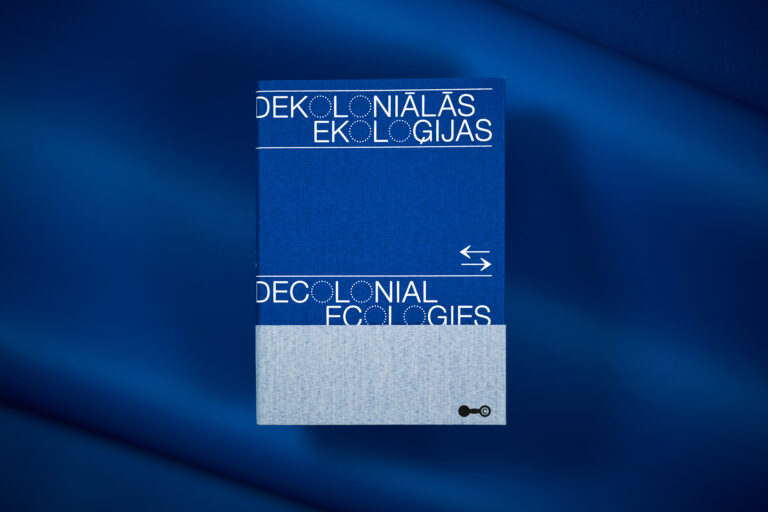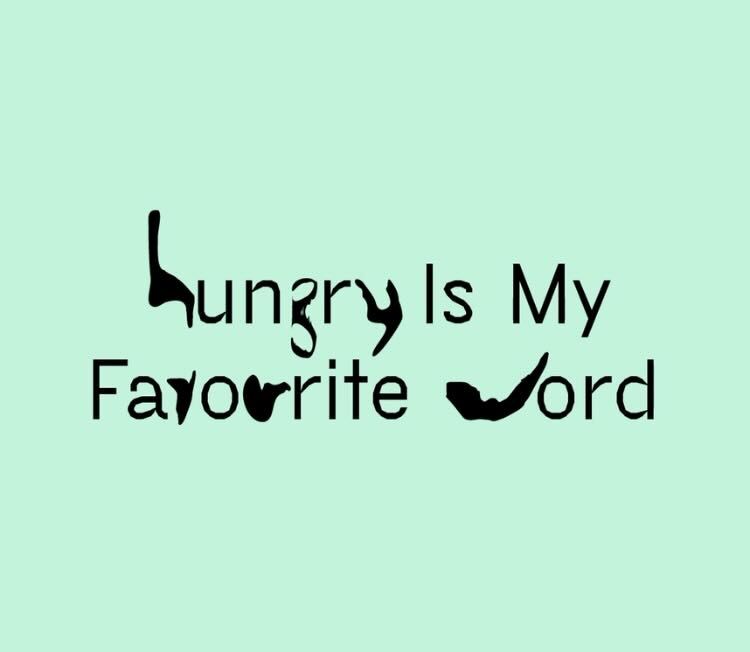Forms of Kinship was a series of study group events organised by the CCA Temporary Gallery in Cologne, which had been running throughout 2022.
It operated as an open exchange platform and also served the coordinators, Aneta Rostkowska and Kris Dittel, as research phase of the exhibition “Unruly Kinships” that was presented at the CCA Temporary Gallery in the spring of 2023.
The invited speakers included: writer and researcher Dr Sophie Lewis, who spoke on the topic of family abolition and its decolonial perspective; professor Mi You (documenta Institute and University of Kassel), with whom we developed a seminar on the social and economic history of the family; Clementine Edwards who shared her research on material kinship together with Joannie Baumgärtner who spoke on the nuclear family’s relation to capital; curator and LGBTQ+ activist Georgy Mamedov, who introduced us to the radical potential of dreams; curator Khanyisile Mbongwa and healer and researcher Li’Tsoanelo Zwane, who spoke about ancestral spirits and Indigenous knowledges; artist and political writer Bini Adamczak, who unfolded for us the theory of polysexual economy; artistic researcher and social responsibility coordinator Francisco Trento, who spoke about neuroqueer intimacy; and curators Karina Kottová and Barbora Ciprová, who shared their research on the (feminist) contradictions of parenting.
Most of the meetings have been recorded and are available on the Temporary Gallery’s YouTube channel.
Please see the list and short descriptions of the events below, detailed information can be found on https://www.temporarygallery.org/en/archive/events/
***
19 February 2022
LIQUID DEPENDENCIES
With Aneta Rostkowska (CCA Temporary Gallery, Cologne), Kris Dittel (independent curator), Aiwen Yin (ReUnion Network / Liquid Dependencies)
“Liquid Dependencies: What does a decentralised caring society look like” (2021- present) is a multiplayer role-playing game for 10 players in which they build long-term mutual caring relationships. In the course of the game, the players are assigned to characters who they need to bring alive with their own experiences. Over the course of 4 to 5 hours, the players “spend” 20 to 30 years of life together and cope with a series of personal and social events. What kind of society do the players eventually create?
Liquid Dependencies is developed by the multidisciplinary collective ‘Liquid Dependencies Theory’ (Yin Aiwen, Mengyang Zhao and Yiren Zhao).
*
16 March 2022
ON FAMILY ABOLITION
A lecture by Sophie Lewis
Family abolition is a charged phrase which often prompts the impulsive answer “But I love my Family!” With Sophie Lewis we discussed what is meant by family abolitionism, what it has to do with love and collective care, why we should abolish the family, and its utopian vision. Sophie Lewis also reflected on what family abolition means in political contexts where the Indigenous, minoritarian and racialised family is always already pre-abolished.
*
Fr 29 April 2022
THE MATERIAL KINSHIP READER
A conversation with Kris Dittel, Clementine Edwards and a talk by Joannie Baumgärtner
The book “Material Kinship Reader” proposes to think kin beyond bloodlines and material beyond extraction. The event included an introduction by the editors, Kris Dittel and Clementine Edwards, followed by a talk by Joannie Baumgärtner. The talk, based on their text ‘Family Value: Towards a Kinship Beyond the Forms of Capital’ outlinen some ideas on the way the nuclear family structure produces kinship through the capital form.
*
15 May 2022
RADICAL DREAMING
Workshop with Georgy Mamedov
“Yet, this is what I want to do – to invite friends and strangers into my dream; to let everyone explore and settle in the dreamworld I’ve once visited myself. It is a world in which people have a chance to live eternally, but if and when they decide to die, they turn into human-made objects. What object would you want to become after death? What does death mean anyway? What happens to kinship, love and belonging in a world where the ontological difference between the human and non-human becomes arbitrary? We will collectively dive into these questions and try to come up with some answers, which potentially bring some light and hope to our present gloomy and scary world.”
Georgy Mamedov in the invitation to the event
*
16 May 2022
THE POWER OF DREAMS
A reading and conversattion with Georgy Mamedov
“In dreams mundanity, fantasy, individual fears and collective desires are often tied up in the strangest ways. Can we potentially use the power of these odd juxtapositions for radical (re)imagination of the world we live in? Audre Lorde starts her “Notes from a Trip to Russia” (1976) with a recollection of an erotic dream during her visit to Moscow. Georgy Mamedov will read this short fragment as an invitation to a conversation about the power of dreams as vehicles of radical imagination. Let’s share dreams and see where it gets us!” Georgy Mamedov in the invitation to the event
*
24 August 2022
POLYSEXUAL ECONOMY
A reading group with Bini Adamczak
The love market is premised on competition between lovers, like any other market solely on the construction of scarcity. There are enough lovers for everyone, but not everyone gets one – or ten. The theory of polysexual economy apprehends sexuality as value-form, from the side of the exchange process. It allows a glimpse of the possibility of a sexual economy that, for the first time in history, would not be structured in a corporative-feudal, racist-segregationist way: a universal (world) market, in which all bodies appear as commodities and are exchangeable (what a delay – see 1789).
*
Mi 7 September 2022
ANCESTRAL SPIRITS
with Khanyisile Mbongwa and Li’Tsoanelo Zwane
During the event curator Khanyisile Mbongwa and researcher/ healer Li’Tsoanelo Zwane engaged in a conversation about ancestral spirits and how they establish various levels of kinship. They will discuss the way they relate to each other as Sangoma’s (shaman/ indigenous spiritual healer), the way we can shape relations with idlozi – singular and plural ancestral spirits, with whom, one shares their corporeal body (Zwane, 2021) and brotherhood with ubuNgoma (which can be defined as the overarching theoretical and pragmatic frameworks informing the work of Sangomas) (Zwane, 2021). The discussion also revolved around kinship from the perspective of feminine and masculine energies that are not static roles, but fluid and always changing. Mbongwa elaborated on how this form of kinship informs her curatorial practice of care and cure.
*
31 October 2022
DADDY RESIDENCY
with Nahee Kim and Jiyoung Kim
The event was a conversation between artist Nahee Kim and researcher Jiyoung Kim with a special focus on the artist’s project Daddy Residency. Daddy Residency is a project about Nahee Kim’s family planning with their unborn baby and multiple biologically unrelated daddies. The project is Kim’s attempt to contemplate how much our norms and desires about family are programmed as ‘natural’ and how Kim, as an individual in the hetero-patriarchal society, can override those. In 2019, in the project’s initial phase, Kim publicised their plan to have a baby via IVF and raise the baby with multiple temporary daddies, chosen through an open-call. The applicants’ gender does not matter, they would be compensated for their child-rearing labour.
*
8 December 2022
NEUROQUEER INTIMACIES
with Francisco Trento
During the event, Francisco Trento presented two work-in-progress projects on the topic of non-neurotypical intimate relationships, ones that deviate from the standpoint of neurotypical privilege. Francisco introduced their research on the stigmatisation of neurodiversity within online dating platforms and shared excerpts from an article soon to be published in Culture Unbound journal. During the second part of the event, they presented a zine prototype, T*nder-bender (developed at the UrbanApa Home Residency). The zine discusses experiences of stigmatisation in the online dating scene as a neurodivergent person.
*
13 December 2022
ON THE (FEMINIST) CONTRADICTIONS OF PARENTING
with Karina Kottová and Barbora Ciprová
Hold on to – Let go
Parenting in times of today’s multiple global crises raises many question marks. What can we look up to and which models can we follow or establish in order to raise children with a future, capable of co-creating more sustainable and caring conditions for life, education, relationships, work and fulfillment?
The online talk and screening offered a glimpse into texts and research materials on diverse modalities of parenting and relations with children that were used in preparation of an international exhibition project titled Beyond Nuclear Family, presented by Jindřich Chalupecký Society curatorial collective in Prague, Berlin and New York. During the talk and the following discussion, two curators explored some of the often contradictory stands and propositions on parenting and parent-children’s perspectives stemming from feminist theory and fiction, psychological and anthropological literature. They discussed topics such as (in)secure attachment, (de)privatisation of care or “tribalization” of parenting styles. The talk included excerpts of moving image works that were part of the Beyond Nuclear Family exhibition.
***
Image: Markéta Magidová, Releasing














